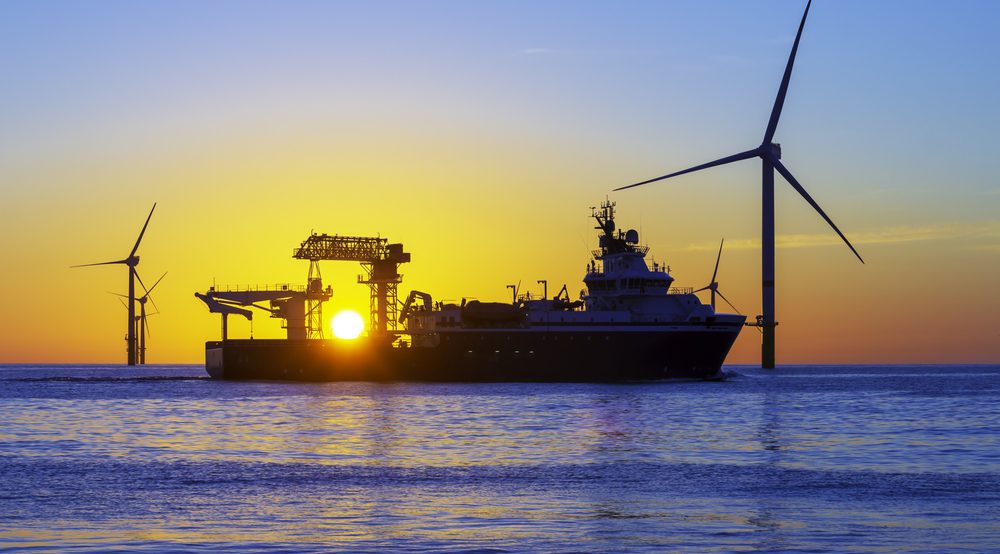
Nine European countries confirmed plans to increase North Sea wind energy production by eightfold by 2050, with commitments to protect infrastructure against potential sabotage. Their goal is to diversify supply chains away from China.
The North Sea Coalition was launched last year with the expectation of erecting wind energy projects in the region. The coalition includes all nine European countries with North Sea coastlines, including the UK, Ireland, and Luxembourg.
French President Emmanuel Macron, EU Commission President Ursula von der Leyen, and German Chancellor Olaf Scholz were among the dignitaries present at the Belgian coastal city of Ostend. The leaders expressed hopes that the North Sea could supply energy to up to 300 million households by 2050. President Macron was keen to stress the importance of keeping green energy jobs and infrastructure in Europe.
The combined nine-county coalition currently produces 30 GW worth of energy via offshore turbines. The summit pledged to expand that to 300 GW by 2050 through enhanced cooperation.
Leaders promised joint cooperation on projects such as the creation of ‘energy islands’ off the Belgian coast, specialising solely in wind power and carbon offshore capture infrastructure.
The summit aims to end bickering among European nations over wind farms with France and Belgium currently in a dispute over new wind turbines off the coast of Dunkirk and risks posed to the Belgian aviation industry.
The EU recently passed protectionist legislation to mitigate China’s control over green tech production. Beijing’s control of green tech production has featured heavily in foreign policy debates over Europe’s future relationship with China.
Wind energy production in the North Sea has long been plagued by high construction and maintenance costs with the EU often accused of banking too much on wind energy to the detriment of gas and nuclear energy.
The European wind sector has been hit by rising costs and logistical issues since the pandemic, exacerbating fears that geopolitical factors could worsen the situation. The summit comes despite growing fears of Russian attacks on offshore energy infrastructure, with intelligence reports syndicated in the British press warning of probing missions by Russian vessels.
Dutch Prime Minister Mark Rutte suggested that the EU and NATO could enhance naval patrol in the North Sea with the still unsolved Nord Steam attacks highlighting the risks posed by sabotage by hostile actors.
The European energy policy plans for expanding North Sea wind production may present more complications than they’re worth for a Continent already overextended by Ukraine and falling behind in the global race for green energy.
